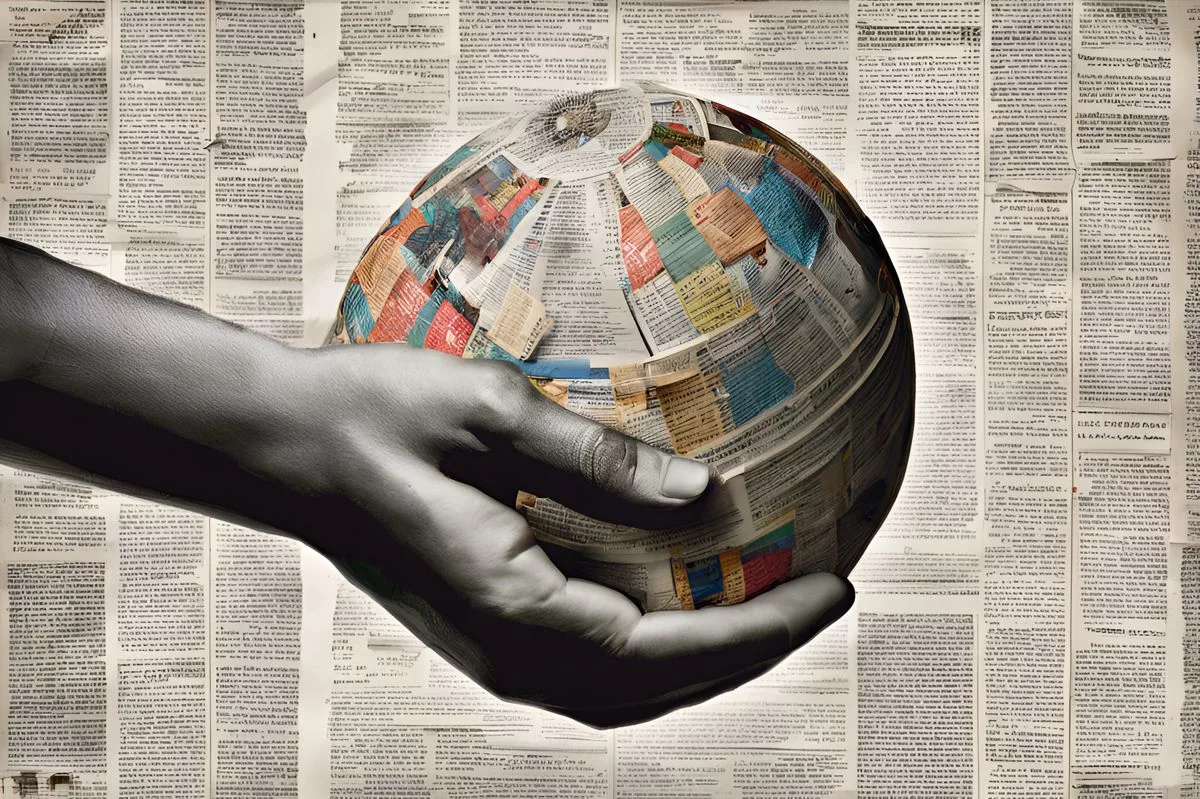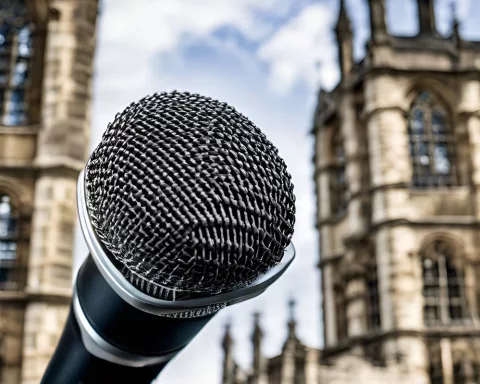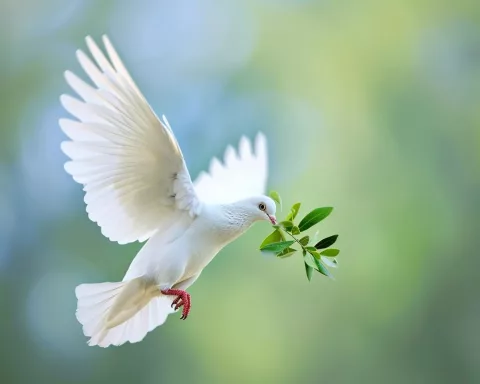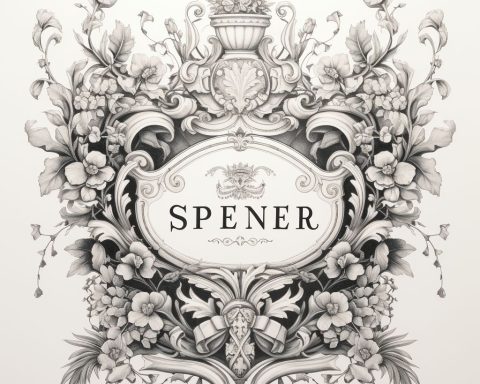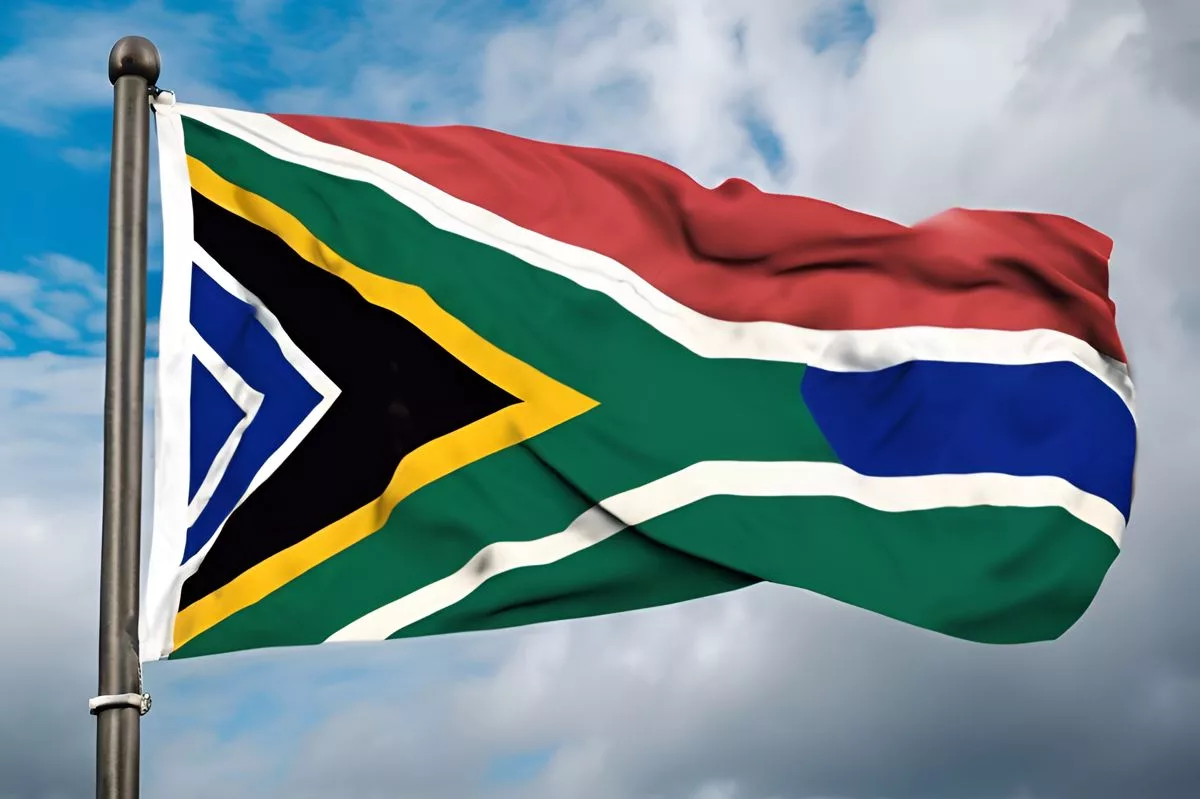The media plays a critical role in shaping international alliances by promoting public welfare and mutual respect between nations. The relationship between Nigeria and South Africa has a rich history and is a symbol of the strength of multilateralism. The media’s influence is unparalleled, and it is their responsibility to promote a narrative that fosters social unity, democratic principles, and accountability. By leveraging digital media, these two nations can work together towards building a better future for Africa.
The Role of Media in Global Relationships
In an increasingly interconnected world, the media plays a crucial role in shaping international alliances. The media has unparalleled influence in swaying public opinion, and it is their responsibility to promote public welfare and not stir up division and conflict. The media needs to frame a narrative that promotes mutual respect, collaboration, and shared prosperity between nations.
The Role of Media in Global Relationships
In this increasingly interconnected world, the media undeniably plays a crucial role in shaping international alliances. One notable alliance is the dynamic relationship between Nigeria and South Africa. This bond was a focal point in the recent dialogue led by Hon. Kenny Morolong, MP Deputy Minister in The Presidency.
The bond between South Africa and Nigeria stretches beyond mere diplomacy and has a rich history that spans over three decades. As South Africa celebrates its 30th anniversary of freedom, it is important to acknowledge that this relationship has been a symbol of the strength of multilateralism. Both nations have given priority to this concept within Africa and beyond.
The media plays a significant part in shaping how the public perceives this relationship. The influence of media is unparalleled as aptly described by American political and human rights activist, Malcolm X. He referred to media as “the most powerful entity on earth”, capable of swaying public opinion. Consequently, it is the media’s responsibility to ensure it uses its power to promote public welfare and not stir up division and conflict.
The Influence of Media on Society
Echoing Walter Lippmann, the wellbeing of our society is largely dependent on the quality of information it consumes. There is a critical need to understand that spreading misinformation and promoting false narratives can pose a threat to the societal fabric. Therefore, media should aim to nurture a healthy society that values social unity, democratic principles, prosperity, and accountable leadership.
The Growth of Bilateral Relationship
The bilateral ties between South Africa and Nigeria have been flourishing over the years, with the Bi-National Commission (BNC) overseeing these relations since 1999. This relationship has led to the signing of thirty-four agreements and Memoranda of Understanding (MoUs), encompassing diverse sectors such as agriculture, mining, trade and investment, defence, tourism, and science and technology.
These two countries have also embarked on people-to-people initiatives to enhance cultural and social ties. These initiatives include events like South Africa Week in Lagos, International Nelson Mandela Day, annual Film Festivals, and a Fashion Week held every October in Lagos.
Nigeria plays a strategic role for South Africa, especially in the light of the Africa Continental Free Trade Agreement (AfCFTA). This alliance is expected to bolster the trade volume between the two countries, signifying a shift towards mutually beneficial cooperation and the development of the continent.
South Africa and Nigeria are also actively involved in the African Union Agenda 2063 and serve in the African Union Peace and Security Council. This involvement cements their shared dedication to creating a peaceful and secure Africa.
The Media’s Narrative
Unfortunately, media coverage often focuses on the perceived rivalry and competition between South Africa and Nigeria, overshadowing their accomplishments, harmony, and milestones. The media has a key role in framing a narrative that promotes mutual respect, collaboration, and shared prosperity between these two nations.
To create a better world through a better Africa, it is crucial to pinpoint key factors that can fortify diplomatic relations. Media professionals should strive to uncover stories that depict a unified Africa working in unison, rather than reinforcing division.
The digital era provides us with an opportunity to set and steer a positive narrative while leveraging the rich culture of both nations. By harnessing digital media, South Africa and Nigeria can fortify their ties and work in unison towards building “The Africa We Want”.
In wrapping up, as media professionals, it is crucial to remember Walter Lippmann’s assertion that “the health of society depends upon the quality of the information it receives”. It falls on our shoulders to guard against the propagation of false information and contribute to building a healthy society.
By harnessing the power of media, let’s strive to fortify the irreplaceable relationship between Nigeria and South Africa for a better future.
1. What is the impact of media in nurturing Africa’s essential partnership?
The media plays a critical role in shaping international alliances by promoting public welfare and mutual respect between nations. By leveraging digital media, nations like Nigeria and South Africa can work together towards building a better future for Africa.
2. Why is the role of media crucial in global relationships?
The media has unparalleled influence in swaying public opinion, and it is their responsibility to promote public welfare and not stir up division and conflict. The media needs to frame a narrative that promotes mutual respect, collaboration, and shared prosperity between nations.
3. What is the bilateral relationship between South Africa and Nigeria?
The bilateral ties between South Africa and Nigeria have been flourishing over the years, with the Bi-National Commission (BNC) overseeing these relations since 1999. Nigeria plays a strategic role for South Africa, especially in the light of the Africa Continental Free Trade Agreement (AfCFTA). This alliance is expected to bolster the trade volume between the two countries, signifying a shift towards mutually beneficial cooperation and the development of the continent.
4. What is the media’s narrative on the South Africa and Nigeria partnership?
Media coverage often focuses on the perceived rivalry and competition between South Africa and Nigeria, overshadowing their accomplishments, harmony, and milestones. The media has a key role in framing a narrative that promotes mutual respect, collaboration, and shared prosperity between these two nations.
5. How can the media contribute to building a healthy society?
To create a better world through a better Africa, it is crucial to pinpoint key factors that can fortify diplomatic relations. Media professionals should strive to uncover stories that depict a unified Africa working in unison, rather than reinforcing division. By harnessing the power of media, we can contribute to building a healthy society.
6. What is the African Union Agenda 2063, and how is South Africa and Nigeria involved?
South Africa and Nigeria are actively involved in the African Union Agenda 2063 and serve in the African Union Peace and Security Council. This involvement cements their shared dedication to creating a peaceful and secure Africa.

